I needed a mechanic’s opinion a few weeks ago about a car I was thinking about purchasing. So naturally, I hopped online and Googled repair shops that were in my area. I called around, checked for the best prices, and eventually narrowed my choices down to two companies.
To make a decision, I visited both companies’ websites. And after seeing one of the webpages, my mind was immediately made up.
What did I see? (I know the suspense is killing you.) It was a misspelling of the make of the car I needed to get inspected!
How could I trust a company that couldn’t even correctly spell the exact thing that I needed?
If you think about it, that’s the thought that comes into a lot of people’s minds when they see simple spelling errors. It may not mean the loss of a client, but it definitely tarnishes you or your organization’s credibility.
Making sure “spellchecker” is enabled won’t always help the situation because it won’t catch words in all caps or words that are actually in the dictionary (like a typo of write and right, too and to, quiet and quiet, etc.).
That’s why you need to make it a habit to check, double-check, and maybe even triple-check anything you send via e-mail, newsletter, social media post, or through the company’s website.
You won’t get it perfect. I definitely have my share of cringe-worthy spelling mistakes that were caught too late, but the key is to not allow it to become habit.
Spelling errors are like paper cuts. The first few are tolerable, but it soon heals and all is well. But if you get paper cuts every day, multiple times a day, that’s just plain annoying. Besides, if all you have is your word, and it is full of errors, you don’t have much!
Before I get off of my English teacher soapbox, I’ll leave you with some great resources to avoid the common errors in spelling and in grammar. You’re welcome!





